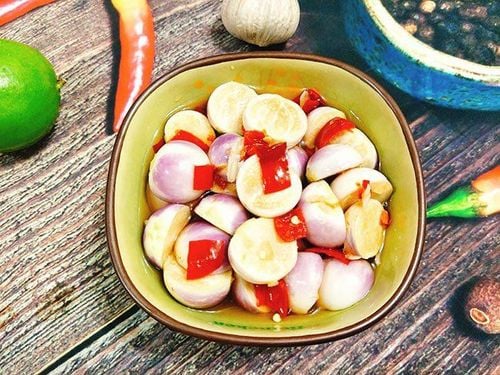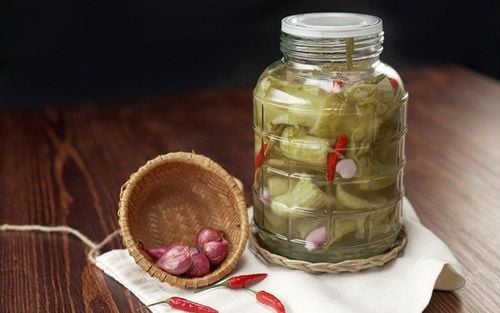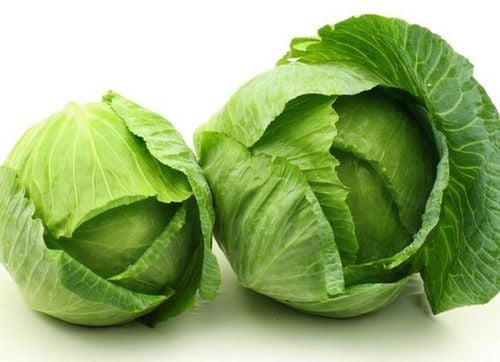This is an automatically translated article.
Pickles are a long-standing food preservation technique. People can make pickles from almost any food, but for most people, pickles are usually made from pickles. This is a form of preserving some pickles in a fermented brine containing beneficial bacteria.
Fermented pickles offer more health benefits than other types of pickles. However, even unfermented cucumbers are rich in vitamins like vitamin K and vitamin A. So, is it good to eat pickled cucumbers? Read on to learn more about the health benefits of pickles, as well as how to make pickles at home.
Many people may have heard of the health-related benefits of pickled cucumbers and pickle juice. Pickled cucumbers can help with weight loss, support blood sugar regulation or even prevent cancer. However, scientists also warn that high sodium content can increase the risk of stomach cancer in people who eat too much pickled cucumber.
In terms of origin, cucumbers are native to India, where they have been eaten since before history was written about them. Christopher Columbus brought cucumbers to the Americas in the 15th century. Meanwhile, people began to pick them up about 4,000 years ago as a way to preserve and extend their shelf life for shipping.
1. Nutritional content of pickled cucumbers
Depending on the type of pickle, the nutritional information can vary widely, but almost all pickles are very high in sodium. Normally, in 35 grams of pickles, pickled cucumbers, cucumbers contain some nutrients with the following content:
Energy: 4 Kcal. Carbohydrates: 0.8 grams. Fiber: 0.3 grams. Sodium: 283 milligrams. Protein: 0.2 grams. Sugar: 0.4 grams. This is nutritional information published by the United States Department of Agriculture in conjunction with the Agricultural Research Service, the Nutrition Data Laboratory in collaboration.

2. Are pickles fermented?
Fermentation is one of the most common methods of pickling, but not all pickles are fermented. As vegetables and fruits ferment, healthy bacteria naturally break down the sugars. This process creates the sour taste of fermented pickles. The good bacteria in pickles break down the lactose. These bacteria, also known as probiotics, aid in food preservation and have many health benefits. When the pickles don't ferment, the vinegar will mess up the pickles. Vinegar itself is produced through fermentation, but only raw and unpasteurized vinegars, such as raw apple cider vinegar, retain parts of the medium that feed that good bacteria. Most pickles sold in grocery stores are unfermented, pickled pickles. In these cases, cucumbers are soaked with vinegar and spices. Pickles can also be made at home with relative ease.
3. Health benefits of pickled cucumbers
Eating fermented foods has been shown to have numerous health benefits, from insulin resistance to reduced inflammation. Sauerkraut, one of the most popular fermented foods worldwide, has been shown to have cancer prevention benefits. Regular consumption of pickles can also reduce the risk of obesity. Fermented pickles are also high in beneficial bacteria called probiotics, which are important for gut health.
Unfermented pickled cucumbers are still beneficial due to the vinegar, spice and cucumber content they contain. Even now, drinking pickle juice has become a trend because of the benefits related to muscle cramps prevention, weight loss, diabetes,... that they bring. Pickle juice is also a favorite among those following the ketogenic diet, who may need more sodium to balance electrolytes in the body.
Pickled cucumbers increase the content of an antioxidant called beta-carotene. The natural antioxidants found in all fruits and vegetables help neutralize free radicals. Free radicals are unstable chemicals that form naturally in the body and have been linked to problems like heart disease and cancer. Any food processed under high heat can break down heat-sensitive nutrients, including antioxidants. Raw melons and fruits help preserve their antioxidant content.
Some athletes use pickle juice after exercise to quickly replace lost electrolytes. One study found that pickle juice may work slightly better than water to reduce cramps during sports. Additionally, pickle juice, especially vinegar, can help keep your blood sugar levels steady. That could be beneficial for people at risk for diabetes.
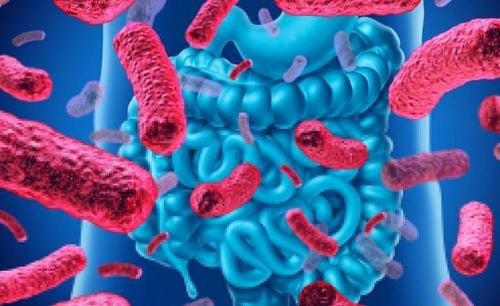
4. Sodium in pickled cucumbers
Trắc nghiệm: Muối trong thực phẩm, natri, huyết áp và sức khỏe của bạn
Muối, natri là chất khoáng cần thiết cho cơ thể để duy trì hoạt động ổn định. Tuy nhiên, chế độ ăn thừa muối có nguy cơ cao dẫn tới các vấn đề sức khỏe nghiêm trọng. Cùng làm bài trắc nghiệm sau đây để hiểu hơn về những ảnh hưởng của các khoáng chất này tới huyết áp và sức khỏe bạn thế nào nhé.
Nguồn tham khảo: webmd.com
One big downside of pickled cucumbers is that they contain too much salt. Just one large pickle contains more than two-thirds of the recommended amount of sodium the average adult should have for the whole day. Too much salt in the diet can raise blood pressure, which in turn increases the risk of heart attack, stroke, diabetes, and kidney disease. Sodium can also strip calcium from bones. That can weaken bones and increase the risk of fractures.
In most pickle recipes, salt is always added and salt accounts for about 5% of the content. A small bowl of pickles contains about 600 mg of sodium, which is more than a quarter of the recommended daily limit. In addition to being a primary concern for most people with high blood pressure, pickles that are too salty can increase the risk of stomach cancer. A 2015 study demonstrated that high-salt foods are associated with an increased risk of stomach cancer, along with beer and hard liquor use. One way to control the sodium content in pickles is to rinse them under running water before cooking.
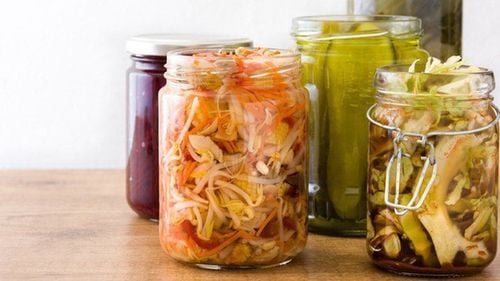
5. How to pickle pickles
Salting, either by fermentation or in brine, has been used for thousands of years to preserve food after it has been harvested. Typically, pickle recipes include salt, white vinegar, and some other seasoning, such as cumin and mustard seeds.
In parts of Asia, oil is also used extensively in pickles. While cucumbers are most popular in North America, all fruits and vegetables, and even meat, are pickled. People in these places can also salt cucumbers, carrots, cauliflower, beets, cabbage,... All you need to do is pour vinegar and hot brine on top, let cool, cover with lid. and let them soak for a few days in the refrigerator. Homemade pickles have their own unique flavors and are easy to eat. If you're not sensitive to salt and don't have high blood pressure, you can completely make your own jar of pickles to enjoy their unique flavor and health benefits.
Individual pickled cucumbers and all types of pickles in general, in addition to possessing a special flavor, suitable for eating with other foods, also bring many health benefits to humans. Pickles contain a lot of vitamins and minerals in their vinegar brine as well as being a great source of antioxidants, which can neutralize free radicals, slow the aging process and reduce the risk of diseases. cardiovascular diseases. The biggest downside of pickles is that they contain too much sodium. However, this can be completely eliminated if the melons are washed before processing.
Please dial HOTLINE for more information or register for an appointment HERE. Download MyVinmec app to make appointments faster and to manage your bookings easily.
References: healthline.com, webmd.com




